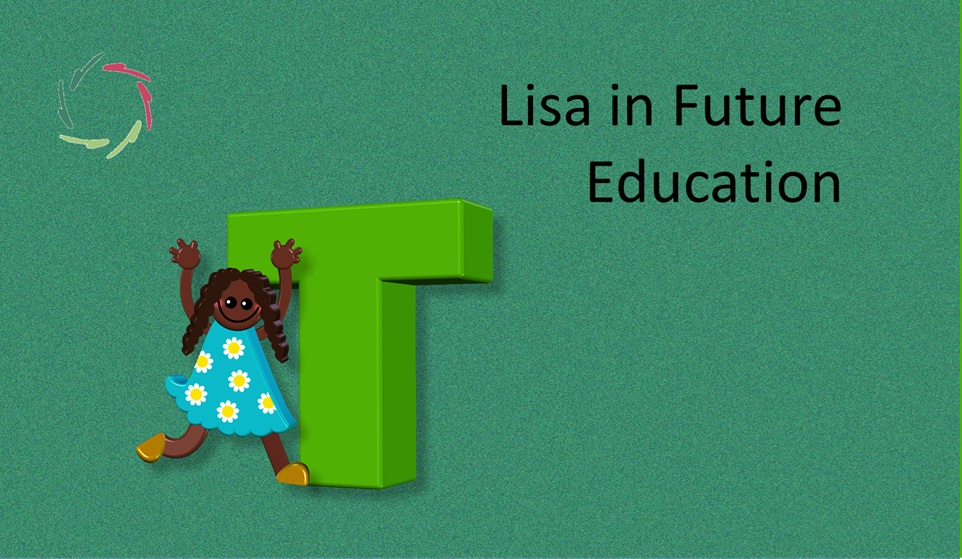Culture over STEM

Much talk is about the importance of STEM in schooling, while profound culture gets sidelined.
STEM = Science, Technology, Engineering, Mathematics
Profound culture = what makes us deeply human in future society. In this text, culture is always ‘profound.’
In my teenage years, I was very motivated in both directions.
From my first medical school years onwards, I was convinced that the science as taught was crucial but meaningless. Each year, I passed without problems, but what I studied much more than the science was what we didn’t get: the deeply human side ― world literature, philosophy, depth psychology, etc.
Many years have passed. My idea hasn’t changed in the slightest. Note that this is not about the non-importance of science. It may be more important to me than to most of my colleagues. See my multiple degrees and my scientific output at ResearchGate.
One needs culture to truly understand science.
Otherwise, ‘science’ is just a bleak shadow on a wall, something to be used and – if it suits one – grossly abused. Towards the general public, it becomes something like a want that performs the ‘miracle of knowing’ just because the wielder has an academic degree, or even just uses some recognizable terms.
That is not what science is supposed to be. But it quickly leads to this if, from the start on, scientists-to-be are immersed in the idea that profound culture isn’t necessary, or even stands opposed to it.
That starts in the teenage years or earlier.
No need for a right-or-wrong discussion about what is best.
More to the point, science is not served by such discussion. Culture-less science is. I know that many who are busier with science-related status than with science don’t agree.
Real science has the intention to look at reality as clearly and profoundly as possible and to lead to practical consequences through technology. A lot of idle talk goes towards the importance of human-centered goals ― the more so since there is a huge lack, especially concerning total-human-centeredness.
We need more inspired people – as in spiritus, deeper mind – in every layer and domain of society. It is necessary for democracy and for leadership, for teaching, and also for science. The world makes people who make the world.
For instance, in medicine, most health issues are deeply mind-related, yet seriously, this gets a sheer total absence of proper attention. The situation is dire!
Engineering, likewise.
This domain evolves continually. The mindset of the engineers themselves profoundly influences the direction. They see the possibilities. They decide whether or not to follow the instructions of others. They make a myriad of small decisions within the frames that engineering projects impose.
Then, they get promotions, become managers and leaders, decision-makers at higher levels ― without the proper background. Many may think such a background is not needed.
Is anything better proof that what is so utterly important is at the same time grimly missing?
“Out of sight is out of heart” gets an additional meaning. Unfortunately, this way, what is out of sight is at risk of never getting any profoundly meaningful attention.
During my years as a company physician, I’ve had many open talks with engineers. Almost invariably, they complained of feeling inside a vital emptiness with consequences to themselves, their relationships at work, and sometimes even their engineering. Also, I’ve encountered several who couldn’t take it and quit because of this emptiness.
It’s no small matter. In my view, most of it is denied, one way or another, to keep the job or just keep going. In other words, whether or not disguised under a hard shell, many feel it’s not OK at all.
We should not coerce our youth into this.
It’s a recipe for burnout, for hardening hierarchies at work – making bosses, not leaders – and eventually constructing a world that is a mere construct itself, not a natural place for naturally organic people to live in.
An inspired environment is beautiful and sustainable. A not-inspired environment is not beautiful and not sustainable. There is more in this than meets the eye ― parallel, distributed processing.
That includes A.I., of course.
I’m moving in this field lately. What I sometimes see is shocking blindness towards human depth. Within this field, due to its specific orientation, this is hazardous!
No guilt involved. Whoever understands it understands it.
But, again and again, children need to be immersed in depth instead of drawn out of it. They need profound culture way much more than STEM, irrespective of their future direction in professional life.
More difficult to grasp for some, STEM in schooling itself also needs to be more human-profound than what I got and see happening.
This may be by far the most critical responsibility of our generation towards the future!


